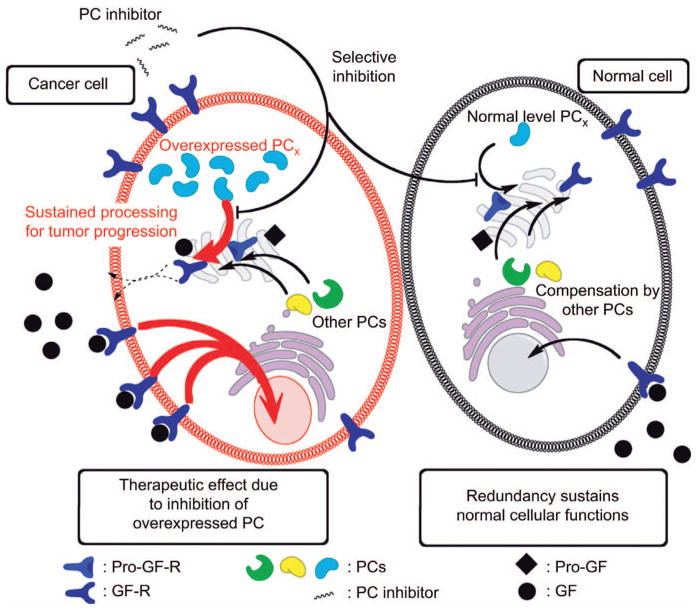Figure 4. Hypothetical scheme of pharmacological effects of PC inhibition in cancer cells.
Various examples have been shown where one or more PCs are dysregulated in cancer cells. In the case where a particular PC is overexpressed, to maintain the cell’s need for activated growth factors (GF) and to sustain tumor progression, the inhibition of that PC represents an obvious target. The application of an exogenous and selective PC inhibitor may not discriminate between the cancer cell and a normal cell, in the vicinity of the target area. Thus the target PC would also be inhibited in normal adjacent cells, which could result in unwanted effects. Nonetheless, it is hypothesized that the cancer cells would be more highly affected as their needs for the required growth factors are essential for progression, whereas in the normal cells, inhibitory effects of would be minimized by the redundant functions of other PCs.

